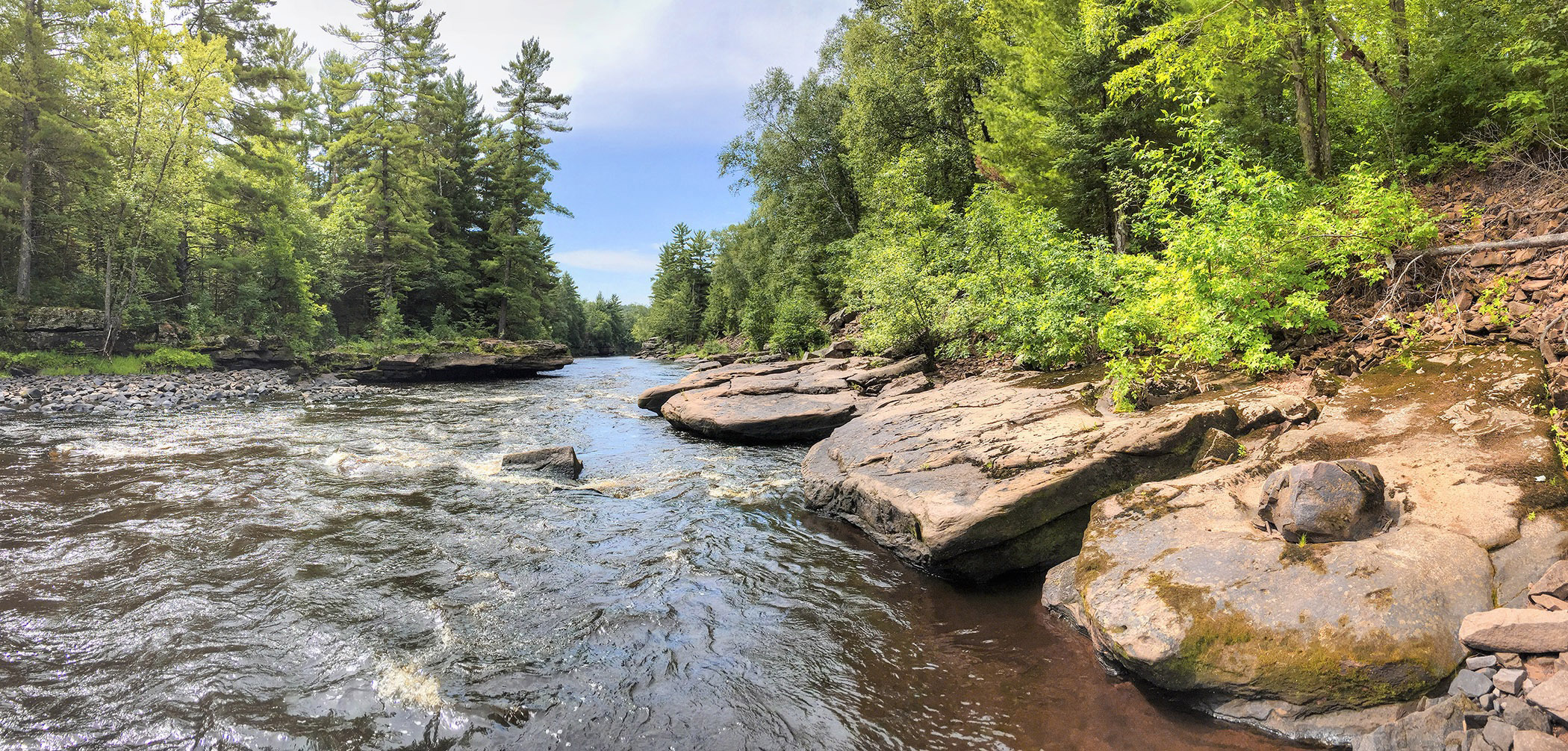The Land of 10,000 Lakes is getting wetter – and that’s a problem

Water, water, everywhere … may make it so you have less to drink.
According to six experts who testified before the House Energy and Climate Finance and Policy Division on Thursday, increased precipitation and the major weather events associated with climate change are causing all sorts of problems around the state, including making drinking water considerably less safe. In effect, too much water is resulting in too little water quality.
The meeting was an informational hearing on how climate change is affecting Minnesota’s waters, and the subject was approached from multiple angles. The chief upshots were that more rain not only means more flooding, but is overwhelming wells throughout the state, introducing contaminants into drinking water, and pushing municipal storm water systems and wastewater treatment plants beyond capacity.
No action was taken.
Providing context for the discussion was Mark Seeley — former extension climatologist for the University of Minnesota’s Department of Soil, Water and Climate — who said that 2011-20 will be the state’s wettest decade in recorded history, and that 2019 will go down as the wettest year on record in Minnesota, Wisconsin, Michigan, and North and South Dakota.
Joe Magner, a research professor at the university’s Department of Bioproducts and Biosystems Engineering, emphasized that rain and extreme weather are changing the rural landscape, and that nature is reclaiming riparian cropland (that near rivers and streams) as flood plains.
Paige Novak, a professor in the university’s Department of Civil, Environmental and Geo-Engineering, presented about how wastewater treatment systems are both being affected by climate change – with increased water flow exceeding sewer and plant capacity – and contributing to climate change, as about 2 percent of U.S. energy goes into wastewater treatment. She advocated for transitioning to “resource recovery” systems, citing the city of St. Cloud as a “poster child” for such an “energy-neutral” system.
Nancy Schuldt, water projects coordinator for the Fond du Lac Reservation, spoke of how climate change is impacting its water resources and wild rice crops. And Jeffrey Broberg, founder of the Minnesota Well Owners Organization, spoke of “bursting basements” as a result of the water table rising to meet the foundations of houses throughout the state, as well as how flooded wells and septic systems can cause widespread contamination.
Representing the Minnesota Cities Stormwater Coalition, Randy Neprash concurred, saying the state focuses almost entirely on water quality, but should recognize and provide assistance with water quantity issues.
Related Articles
Search Session Daily
Advanced Search OptionsPriority Dailies
Ways and Means Committee OKs proposed $512 million supplemental budget on party-line vote
By Mike Cook Meeting more needs or fiscal irresponsibility is one way to sum up the differences among the two parties on a supplemental spending package a year after a $72 billion state budg...
Meeting more needs or fiscal irresponsibility is one way to sum up the differences among the two parties on a supplemental spending package a year after a $72 billion state budg...
Minnesota’s projected budget surplus balloons to $3.7 billion, but fiscal pressure still looms
By Rob Hubbard Just as Minnesota has experienced a warmer winter than usual, so has the state’s budget outlook warmed over the past few months.
On Thursday, Minnesota Management and Budget...
Just as Minnesota has experienced a warmer winter than usual, so has the state’s budget outlook warmed over the past few months.
On Thursday, Minnesota Management and Budget...